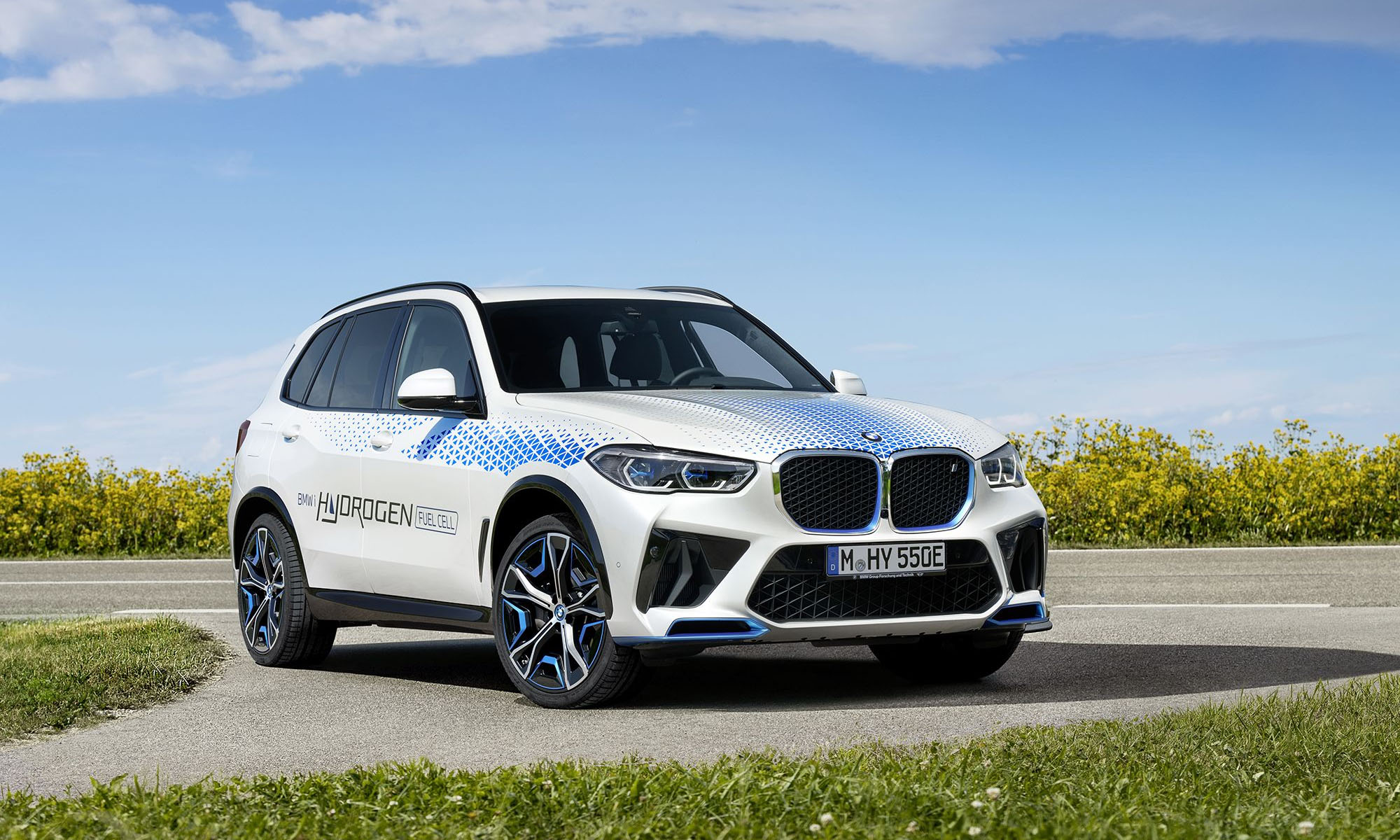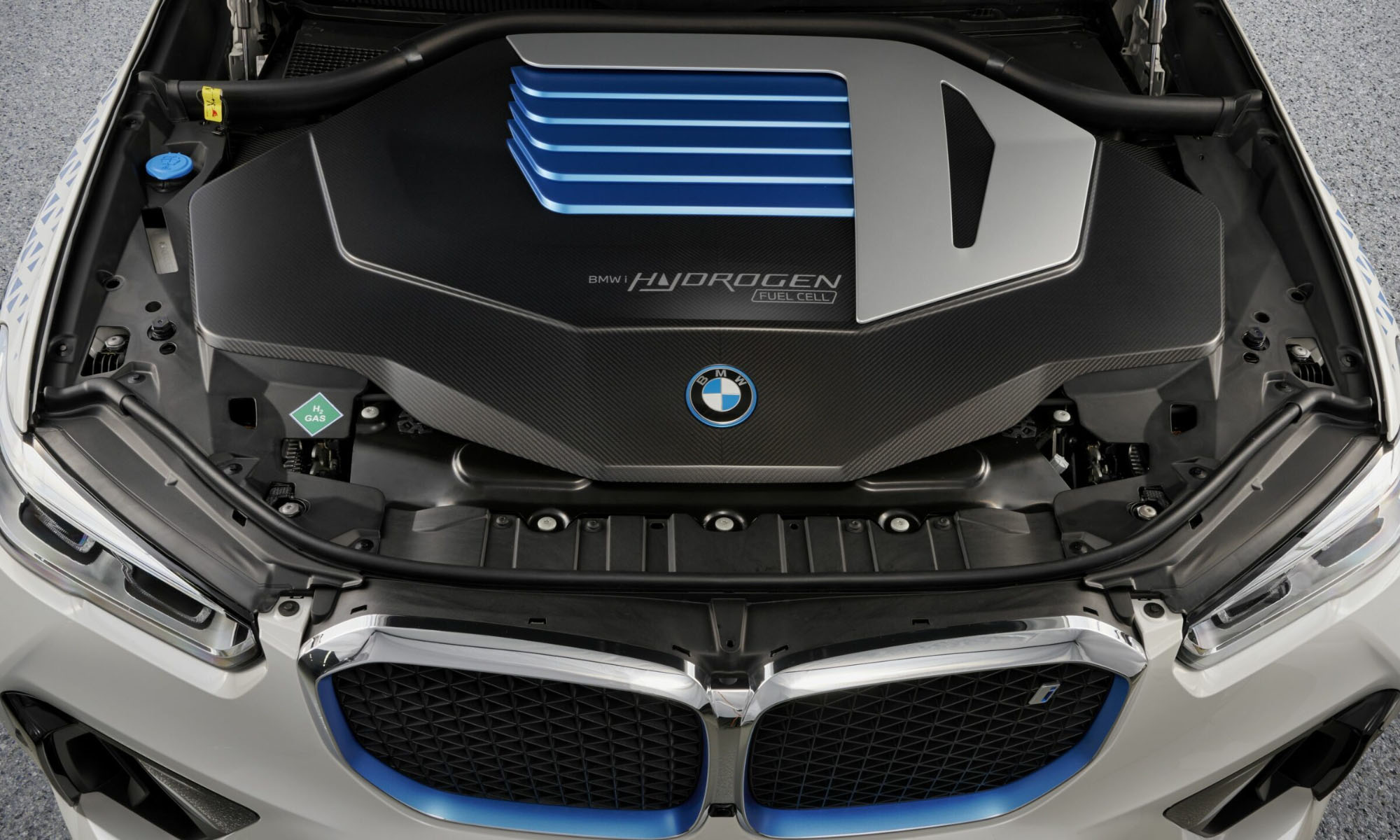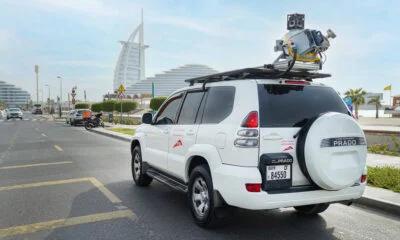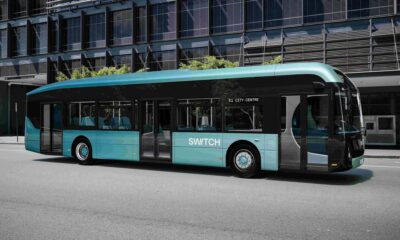News
BMW To Test Its iX5 Hydrogen Model In The Middle East
In spring 2023, BMW will debut the small-series hydrogen-powered demonstrator vehicle with a view to enabling carbon-free mobility in the region.

The BMW Group has begun the manufacture of a small-series hydrogen-powered car, known as the iX5 Hydrogen model, with work taking place at the firm’s Munich Research and Innovation Centre.
The car will be the first Sports Activity Vehicle (SAV) to feature this futureproof fuel source after a successful round of intense hydrogen fuel cell testing in demanding conditions. Once ready, the iX5 Hydrogen will head to the Middle East in the spring of 2023, where it will become a technology demonstrator of carbon-free mobility.
As for the car itself, the iX5 Hydrogen features an electric motor and high-performance battery positioned in the rear axle, using the same BMW eDrive technology that can also be found in the company’s electric and plug-in hybrid models.

Across the Middle East, clean energy adoption has become a strategic priority, with several countries aiming for net-zero emissions targets by 2050. As part of a more significant push into alternative energy sources, the region aims to capture a large portion of the global hydrogen market.
Also Read: Netskope Predicts Future Middle East Cybersecurity Trends
“Hydrogen is a versatile energy source that has a key role to play as we progress towards climate neutrality,” says Frank Weber, board member of BMW AG.
The charging infrastructure for typical electric vehicles isn’t uniformly spread across the Middle East, where, for obvious reasons, petrol still dominates as a fuel source. BMW’s hydrogen fuel cells are highly desirable in these kinds of scenarios, as they allow faster fueling and longer ranges than a typical EV could achieve.
News
Influencer Growth Fuels Saudi Creator Economy Surge
The Kingdom’s creator economy grew over 32% in Q1 2025, fueled by TikTok, UGC, and cost-per-action (CPA) influencer models.

Saudi Arabia’s creator economy saw a significant 32.37% growth in the first quarter of 2025, driven by an uptick in influencer marketing, content-driven e-commerce, and the increasing influence of user-generated content (UGC). These insights come from a recent study by Admitad and the Stllr Network.
Much of this momentum is coming from video-based platforms, where brands are leaning on creators who feel more relatable than polished ad campaigns. The trend shows a clear preference for authenticity, as audiences gravitate toward content that feels real and personal.
Mohannad Alzahrani, Co-founder and VP KSA of Stllr Network, highlighted the shift: “The rise of user-generated content (UGC) is changing the way brands engage with consumers. Audiences trust real creators more than traditional advertising, making UGC a key driver of authenticity and sales”.
TikTok remains the dominant platform in this space, reportedly reaching 88% of the Saudi population. It also showed the sharpest rise in influencer-led transactions. Other platforms followed with solid, if less dramatic, growth: X was up 17%, Instagram increased by 12%, and Telegram by 10%.
In terms of content niches, beauty led the pack with a 56% growth rate, followed by lifestyle at 45.8% and fashion at 18.2%. Tech content also showed healthy traction at 10.6%, while entertainment, food, fitness, parenting, and gaming posted smaller — but still positive — gains.
Also Read: Top E-Commerce Websites In The Middle East In 2025
The report analyzed more than 300,000 influencer-driven purchases. These efforts translated into a 15% year-on-year jump in Gross Merchandise Value (GMV) and a 5% increase in the number of orders in 2024. Influencers themselves are seeing the benefit, with average order values hitting $54 and creator earnings rising by 14%.
A noticeable trend is the move away from fixed-rate deals. More influencers in Saudi Arabia are embracing hybrid compensation models — especially cost-per-action (CPA) setups that tie their earnings directly to performance.
As Anna Gidirim, CEO of Admitad, explains, “The CPA model brings much-needed transparency to influencer marketing. Brands only pay for actual results, and influencers benefit by securing long-term partnerships while offering their audiences exclusive promo codes and special discounts”.
However, the ecosystem still shows a gender imbalance. The data indicates that 63% of creators in Saudi Arabia are men, while women account for just 37%.
























